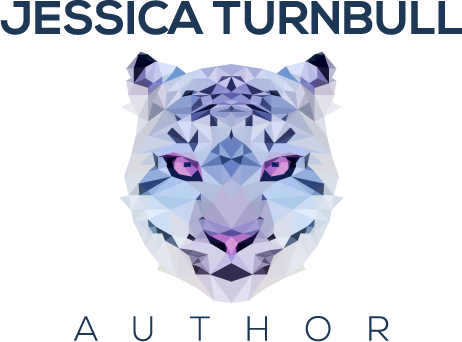Hi all!
This blog post is the result of a tied Twitter poll, with the other winner being posted last week! This time, I'm talking about how to make marketing your books easier when you have anxiety. Although my anxiety is a lot better than it used to be, I still get anxious when posting on social media sometimes. I thought I would share a few of tips and tricks to decrease the amount of anxiety I feel and make marketing easier.
Schedule posts.
With marketing my books, I schedule the posts. Why? Because then I forget about them. When I log into my social media for the day I remember that I scheduled a book quote or promo image when I see my notifications. This alleviates my anxiety when checking social media, as scheduling marketing posts a month in advance means I inevitably forget when some will be posted.
Don't post anything you're not comfortable with.
Some people like to share absolutely everything on social media, but you are under no obligation to do the same. You post what you want to post, not what other people want you to post.
Likes ARE engagement.
I've seen this argument on Twitter quite a few times, and I'm sick of it. If you 'like' a post, you have engaged with that person. Some of the arguments I've seen have tried to make people feel guilty for not commenting on their posts. Some say that likes are false engagement as it's simply a click. Do not get sucked into this. My anxiety means that sometimes I just can't bring myself to comment on a post, no matter how mundane it is. Instead I give it a like and move on. You are not obligated to comment on every post you like. Take care of your mental health, don't worry about someone getting upset about a like.
Only follow people you're comfortable following.
This is another thing I've seen that is prevalent on Twitter. You don't need to auto follow everyone back who follows you. If you look at their profile and see things you aren't comfortable with, don't follow them. Again, you are not obligated to follow everyone who follows you.
Newsletter swaps.
I use StoryOrigin for newsletter swaps, as it involves no direct communication with the other author unless you want there to be. There's no back and forth emails discussing list sizes and who is promoting what. You pick what you want them to promote, what you'll promote in return, and the date. I find this much easier than approaching authors directly.
Promotions.
Again, I use StoryOrigin for a lot of promotions. It's the same as newsletter swaps, you pick what you want promoted and they'll either accept your work or not. No direct communication is necessary. This helps me with my anxiety a lot, as I'm not great at talking to people who email me out of the blue. You can then schedule these on your social media with the link and an image if the promotion has one.
Post a promotion for your book once a week, and build up from there.
Test the waters and see how you feel after posting weekly. If you feel ready enough to increase those posts, then do so. You will not get angry comments from people about how you constantly promote your book. There are people who post about their book ten times a day and just get blocked. Posting once a week will not send an angry mob after you.
Don't spend too long on social media.
Take frequent breaks, and don't constantly check your statuses. It won't help you alleviate your anxiety.
Once you post something, leave.
When I post on Twitter or Facebook, I make the post and then leave. I usually come back an hour or so later with a clear head, instead of sitting there worrying why no-one has liked it yet.
Do what you are comfortable with.
If you don't want to post on social media on days you aren't feeling up to it, don't. You don't have to push yourself to go on social media and post anything. Ignore the ones that say you have to post multiple times a day to get interaction. You don't need to do anything. There are no rules as to how much you post. It's on your terms.
If someone messages you something nasty, block them.
Don't dwell on whatever they've said. Just block them so they can no longer communicate with you.
Don't feel bad for being anxious.
If people tell you that you aren't doing enough, ignore them. Anxiety is a mental illness that can't be switched off. Some think that you might not be doing much to promote your books but in my eyes, one post is better than nothing. Your anxiety does not make you less of a person. Remember, one person's definition of 'not enough' does not need to match your definition. One post means that you are speaking up about your work. You don't need several in one day.
That's it for this week, I hope you enjoyed! See you next week.

















